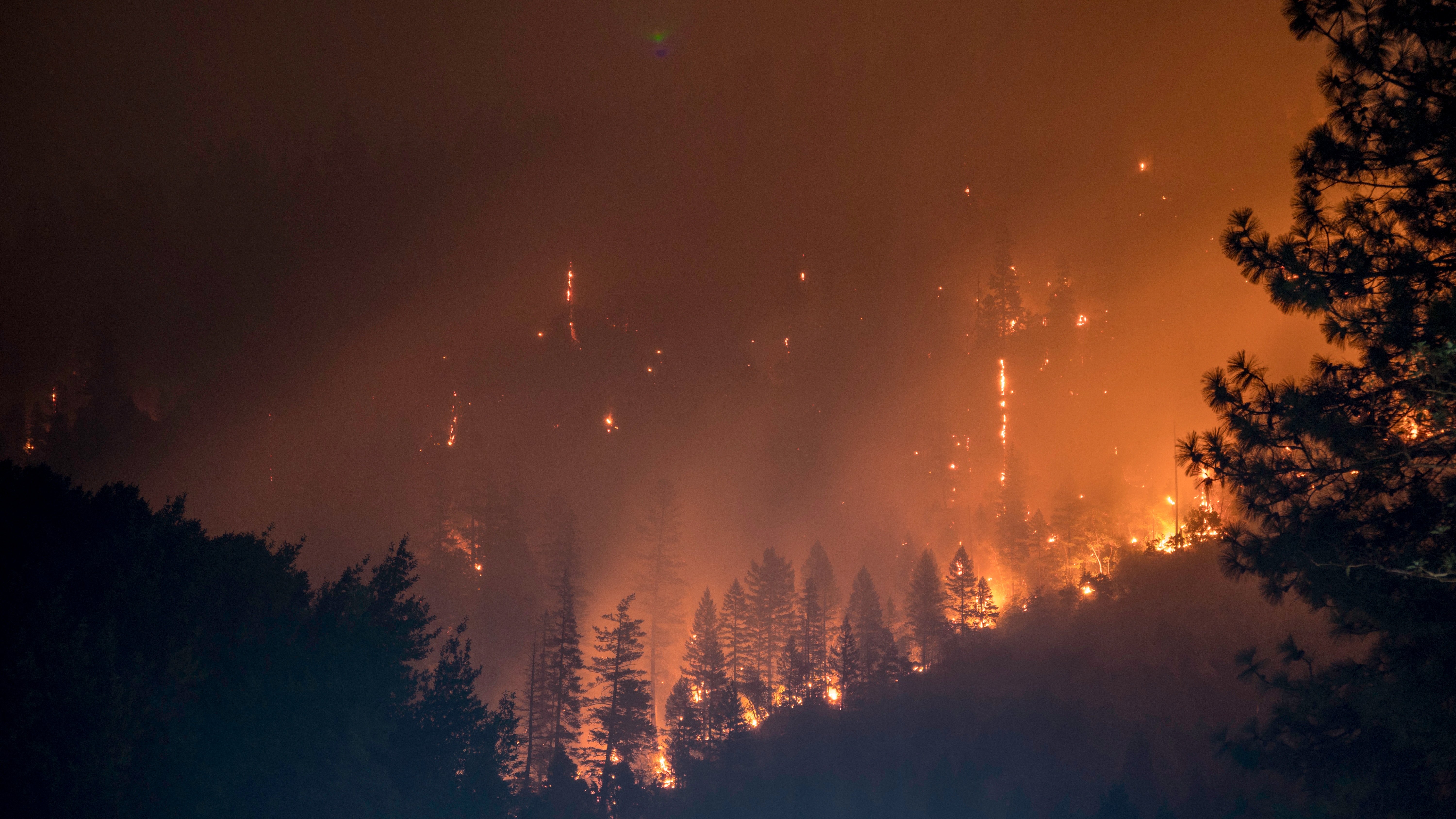Welcome to our special section, Thrive on Campus, devoted to covering the urgent issue of mental health among college and university students from all angles. If you are a college student, we invite you to apply to be an Editor-at-Large, or to simply contribute (please tag your pieces ThriveOnCampus). We welcome faculty, clinicians, and graduates to contribute as well. Read more here.
Our planet is in crisis.
The quantity and quality of sources that accept the occurrence and fatal danger of climate change is increasing.
The U.N. views climate change as “the defining issue of our time”, while the World Health Organization (WHO) estimates that climate change will lead to 250,000 deaths per year between 2030 and 2050.
Recent climate-induced tragedy includes cyclones Idai and Kenneth which have killed more than 1,000 people in Mozambique, Zimbabwe, and Malawi this year. Consequent flooding has sparked a cholera outbreak which is expected to take more even more lives.
Closer to home, the effects of climate change have been felt in the deadliest Californian wildfires on record, and the temperature fluctuations experienced in the UK this past winter which left parts of the country as hot as the tropics.
At first glance, this may not seem directly relevant to Thrive Global’s mission to end stress and burnout through the promotion of well-being and mindfulness.
However, when one’s home, livelihood, and loved ones have been washed away in the after-effects of a natural disaster, stress takes a different form, and avoiding burnout is not an option. This kind of stress and burnout is not work-based. It is based in survival. Well-being becomes fundamental — it becomes water, food, shelter.
I am in a privileged position to sit in my home and write this article on a device which many do not own, and upload this piece onto a platform that many do not have access to.
If you are reading this, it is more than likely that your position similarly privileged.
We have the time to take five minutes to meditate in a safe space each day. We have occupations which are relatively secure, and thus we can seek well-being and community in the workplace. These kinds of stress and burnout are truly bad for us, however they are not as bad as the stress caused by fighting for one’s basic needs.
If climate change continues, and global temperature increases by approximately 2.0 degrees Celsius, then its effects are expected to become irreversible and unstoppable. We could all face similar fates as those in South Eastern Africa.
In order to safeguard our well-being in the future, we need to look beyond the workplace; beyond work-life balance. We need to look at our wider context: the environment.
As students, we will be affected by climate breakdown more than any generation that has come before us. Furthermore, unlike school children, we are about to enter workplaces and jobs which will have real impacts on industrial pollution and environmental policy. Resultantly, if we do not take actions against environmental degradation, then we will engender a new generation of entrenched, environmentally damaging practises. Thankfully, however, we have the awareness with which to make environmentally beneficial decisions.
There are many ways that this can be done. We can choose jobs that do not rely upon environmentally detrimental practises. We can alter our lifestyles so that we waste less and reuse more.
Such actions will not be undertaken if we do not recognise the importance of climate change for our well-being, and the particular onus that is placed upon students in addressing it. Thus, this article has not been a prescriptive list of ways in which students can help tackle climate change (I will be uploading such a list in the near future). Rather, this article has been a call to arms:
Addressing environmental degradation is important for long-term well-being. As students, we will be greatly affected by this, and have the ability and awareness to work against it. We must act!
Subscribe here for all the latest news on how you can keep Thriving.
More on Mental Health on Campus:
What Campus Mental Health Centers Are Doing to Keep Up With Student Need
If You’re a Student Who’s Struggling With Mental Health, These 7 Tips Will Help
The Hidden Stress of RAs in the Student Mental Health Crisis


